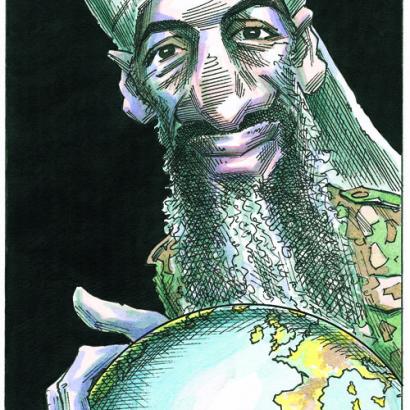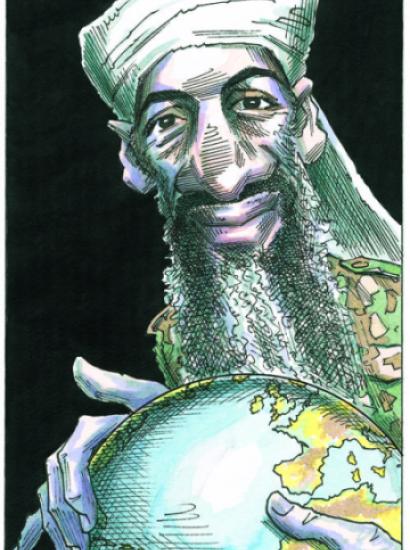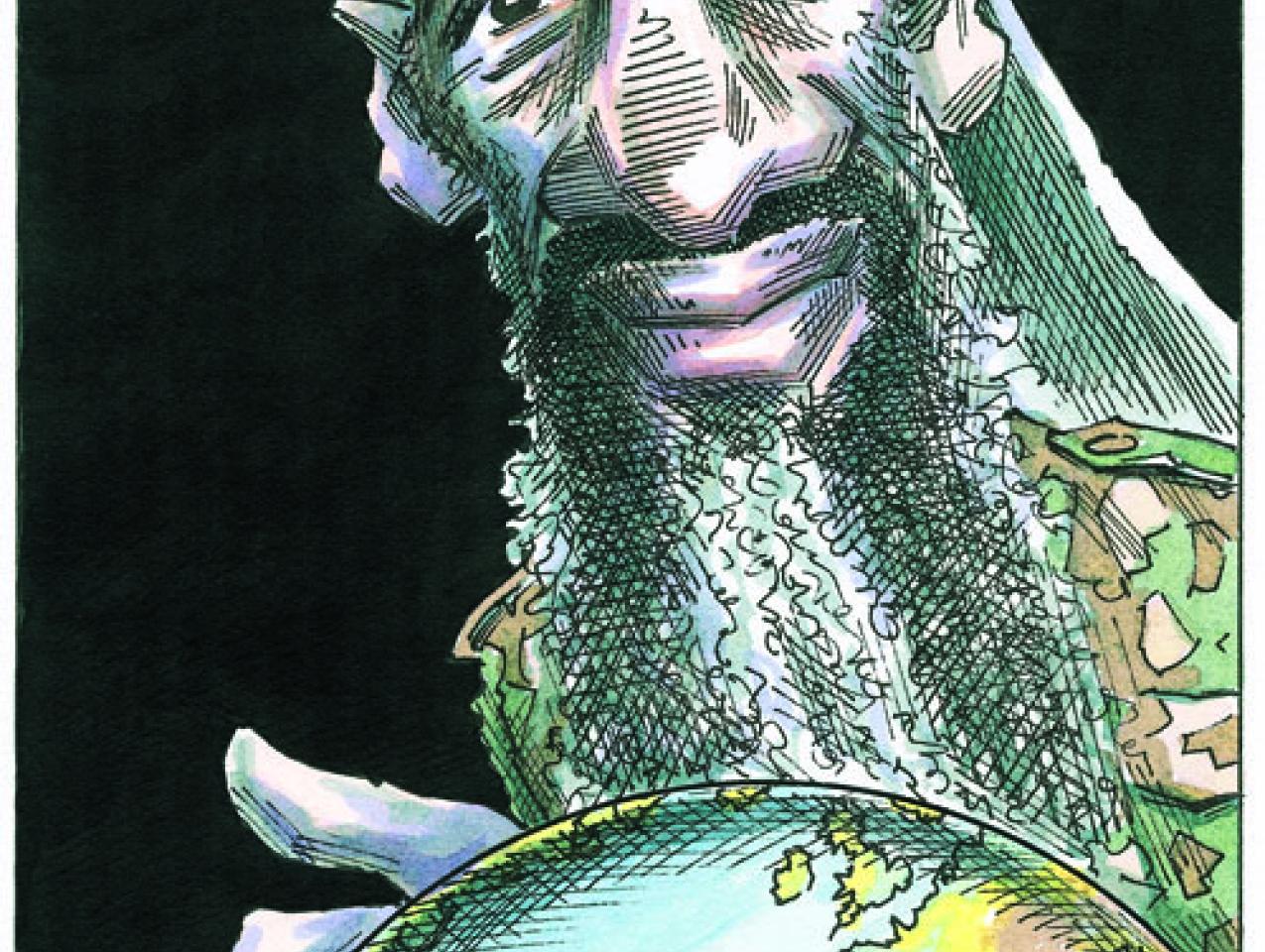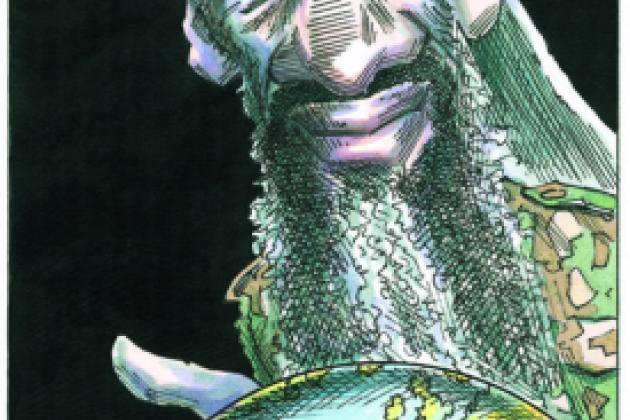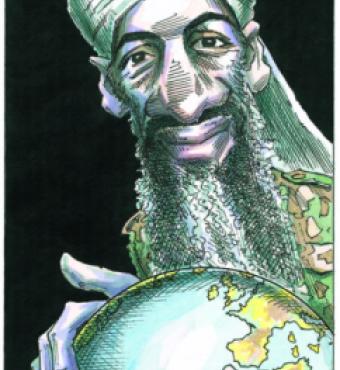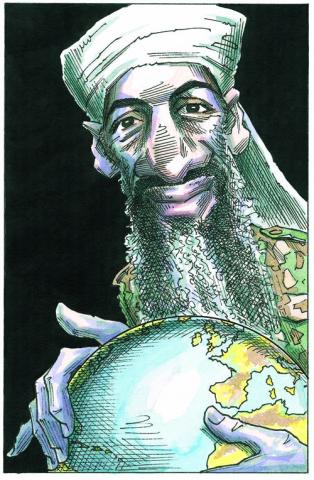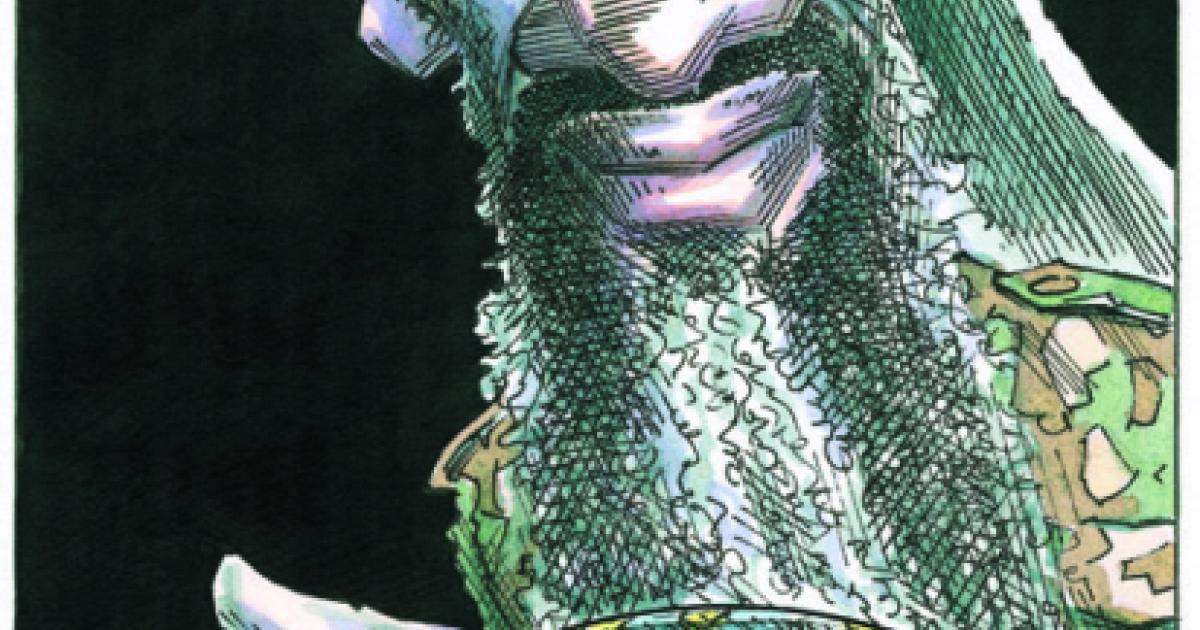Did the death of Osama bin Laden end the war on terror? No. The innocents who perished in the 9/11 attacks may have been avenged, along with tens of thousands more whom Al-Qaeda targeted all over the world. And there is now closure of a sort, sealed by the president’s pronouncement that the commando raid at Abbottabad was a message to the globe that evil, of the kind bin Laden represented, would not be tolerated by the United States.
But as memories of the September 11 attacks fade, the relief Americans feel is tempered. We know that the threats continue. And we are reminded of everything we lost.
The Pakistani Taliban, the organization that took responsibility for Faisal Shahzad’s failed car-bomb attack on Times Square in May 2010, has promised reprisals against both Pakistan and America for bin Laden’s death. Al-Qaeda affiliates also are likely to see it as an opportunity and an inspiration for further acts of violence, as are lone-wolf sympathizers. One former soldier, arrested a few months ago on suspicion of plotting an attack at the Fort Hood Army base, apparently drew his inspiration from the example of Nidal Hasan, who in 2009 killed fourteen people at the base after consulting Anwar al-Awlaki, an Al-Qaeda recruiter and trainer dubbed the “bin Laden of the Internet.”
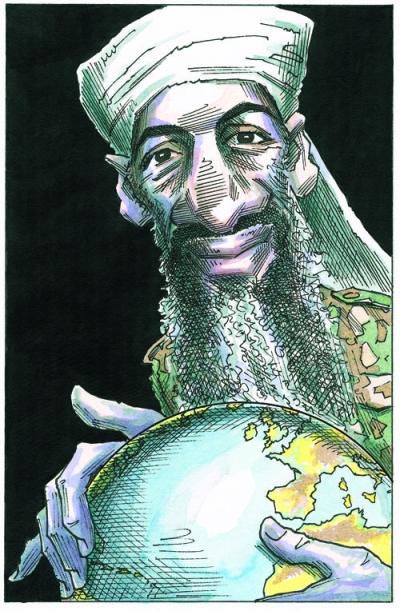
Beyond the concrete threat, there is another kind of war on terror—the terror we have felt internally since the 9/11 attacks. Experts who study the aftermath of trauma have found, in study after study, that significant reminders of past terrors reopen the original wound—not only as a memory, but also in the form of hypervigilance, dissociation, and paralyzing bodily pain. Those whose family members were killed or harmed by bin Laden’s many plots, or who witnessed Al-Qaeda’s attacks firsthand, are different people from who they were before the terrorist strikes. Their lives began anew on that day. They will never be the same. And that is why even a hoped-for event like bin Laden’s death can rekindle their loss—not just of their loved ones, but of their own former identities.
To some extent, this is true of all Americans. America, too, set out on a different course after the 9/11 attacks. We went to war in Afghanistan to defeat our attackers and overthrow those who sheltered them, and then to Iraq to prevent Saddam Hussein from using his alleged arsenal of weapons of mass destruction against us. We transformed our government structures to confront the dangers that seemed to be everywhere, both at home and abroad. We can only begin to count the costs.
Since 9/11, for instance, nearly 6,000 U.S. troops have died in the wars on terrorism. Linda Bilmes and Joseph Stiglitz have estimated that the total cost of the war in Iraq alone, including its impact on the economy, is at least $3 trillion. A study by the National Bureau of Economic Research says the cost of treating soldiers’ psychological wounds will be $1.5–$2.7 billion for combat-induced PTSD. Service members who volunteer for war know that they are at increased risk of death. But they and their families may not realize that death for service members can come in unexpected ways, including from what the military now calls “moral injury,” such as the shame that troops feel from having participated in or witnessed the death of civilians abroad. The Department of Defense reports 1,917 suicides between the years 2001 and 2009 among active-duty military personnel. For veterans, the figures are even higher. More than 6,000 veterans take their lives every year, representing about 20 percent of American suicides annually.
Beyond the war in Iraq, and the terrible costs imposed on service members sent abroad to defend American lives, we made compromises in our values that would have been unthinkable before 9/11. But our country and our values were under attack—we did what we had to do in order to survive, or so we thought. The nature of terrorism has made it imperative for intelligence agencies to focus on thwarting attacks before they occur, rather than just responding to them. That, in turn, has caused us to make compromises in some citizens’ civil liberties. As uneasy as we are about intrusive searches, surveillance, and the erosion of privacy and anonymity, we acquiesce. Not long ago some of us felt compelled to torture suspects, or look the other way when others practiced torture. “War is cruelty and you cannot refine it,” as General Sherman once said.
Consequentialist arguments proliferated in the bin Laden decade, and for many, they were persuasive. Nonetheless, the ethical compromises we made as a nation changed us, and every annual memorial reminds us of what we have lost.
Yes, the president was right: justice was done. And yes, we have reason to be content that this terrorist leader can do us no more harm. But bin Laden’s death, so long in coming, reminded us of how much we have sacrificed to fight the wars on terrorism. And for that, we have much to grieve.








